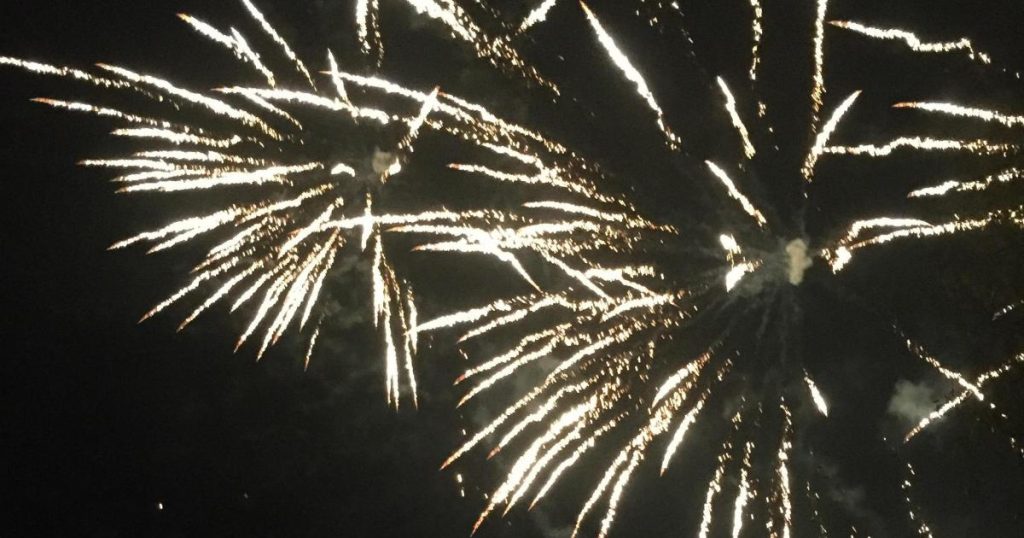The ancient Babylonians are thought to have been the first humans to make New Year’s resolutions- an idea which remains uncomfortably stuck in modern society, littering the month of January with heightened expectations, struggle and eventual abandonment of one’s goals.
To many, the new year serves as a clean slate, an opportunity to reinvent yourself, but how often is this outlook genuinely honoured?
Financial services company Hargreaves Lansdown claims that 7% of financial resolutions previously made have not been adhered to for more than a week, tarnishing countless fresh starts and making the miserably cold month of January even more disappointing.
The creation of New Year’s resolutions can, for many, construct an unshakeable sense of inimitability about the new year.
If the beginning of the year is the only time for change, procrastination can easily prevent people from reaching their goals as the novelty of the ‘new year’s mindset’ wears off.
Furthermore, resolutions themselves can be critical of one’s current self.
One of the most common New Year’s resolutions is to improve physical health or lose weight.
Whilst for some this can be an indisputably positive thing (becoming a habit which improves their physical and mental well-being), others may feel compelled to change themselves- entering the new year with a hobby they detest and will inevitably desert.
Arguably, this puts unnecessary short-term pressure on an activity which should feel enjoyable.
Instead, people are left to observe their unused gym membership for the rest of the year, an annoying reminder of the opportunity provided by the new year that has been missed.
If the significance of January 1st was lost, opportunities for change could last all year round- removing the concentrated burden felt around the new year.
Despite the fact that the general idea of ‘new year, new me’ isn’t inherently bad, it is important not to approach goals or resolutions with a restrictive mindset.
Inspiration can strike at any time- it doesn’t need to be forced into existence at the stroke of midnight.



